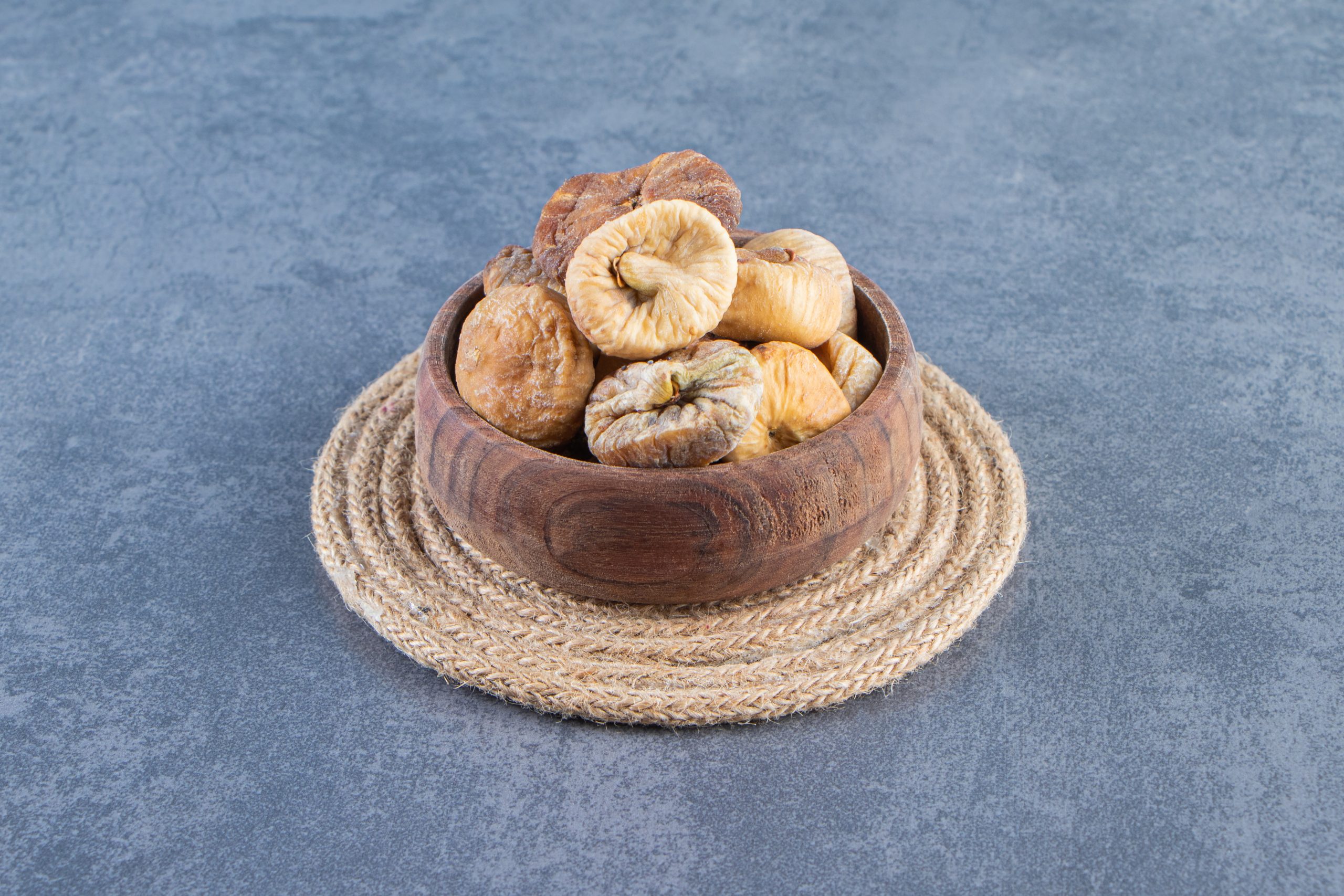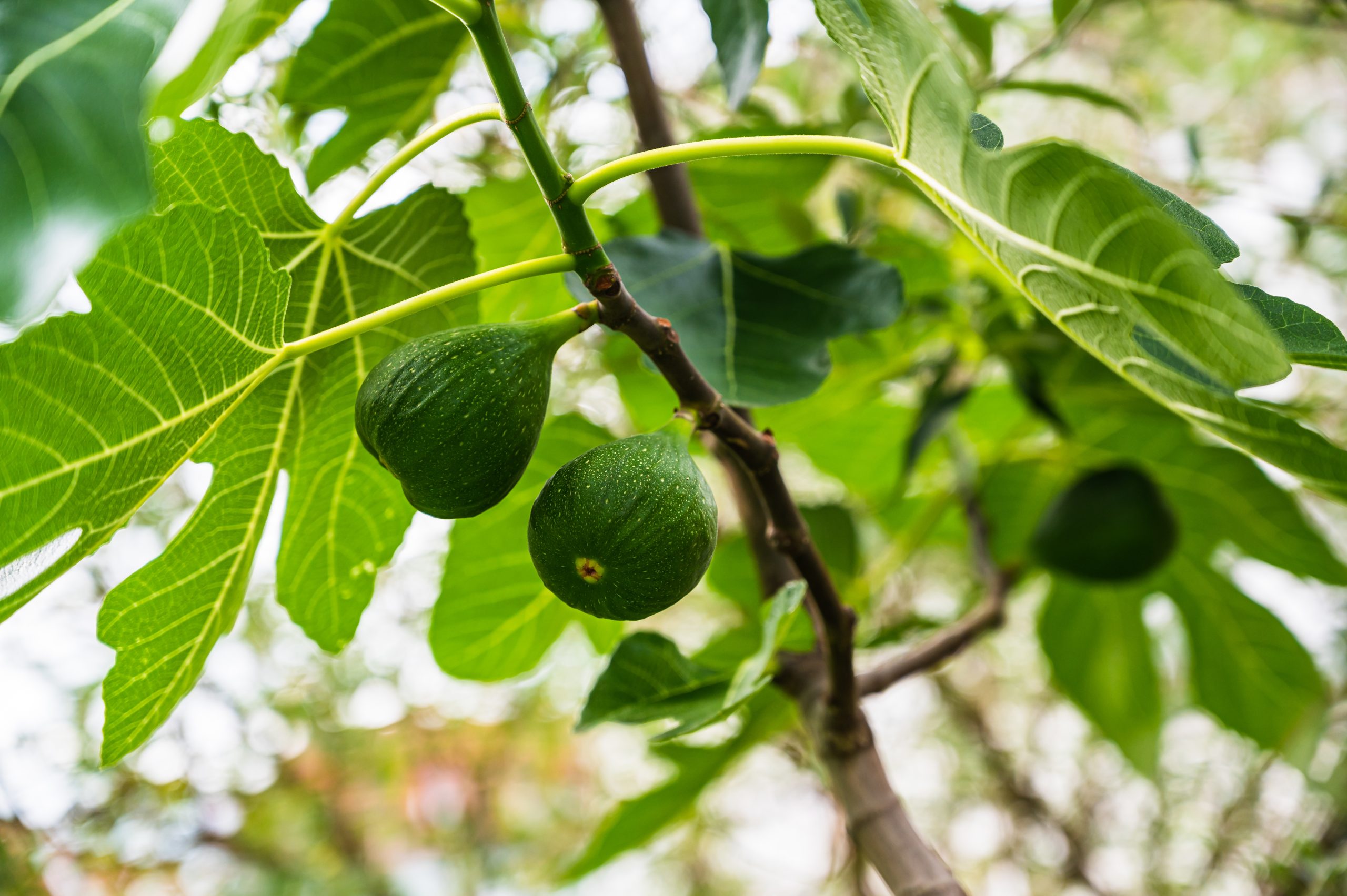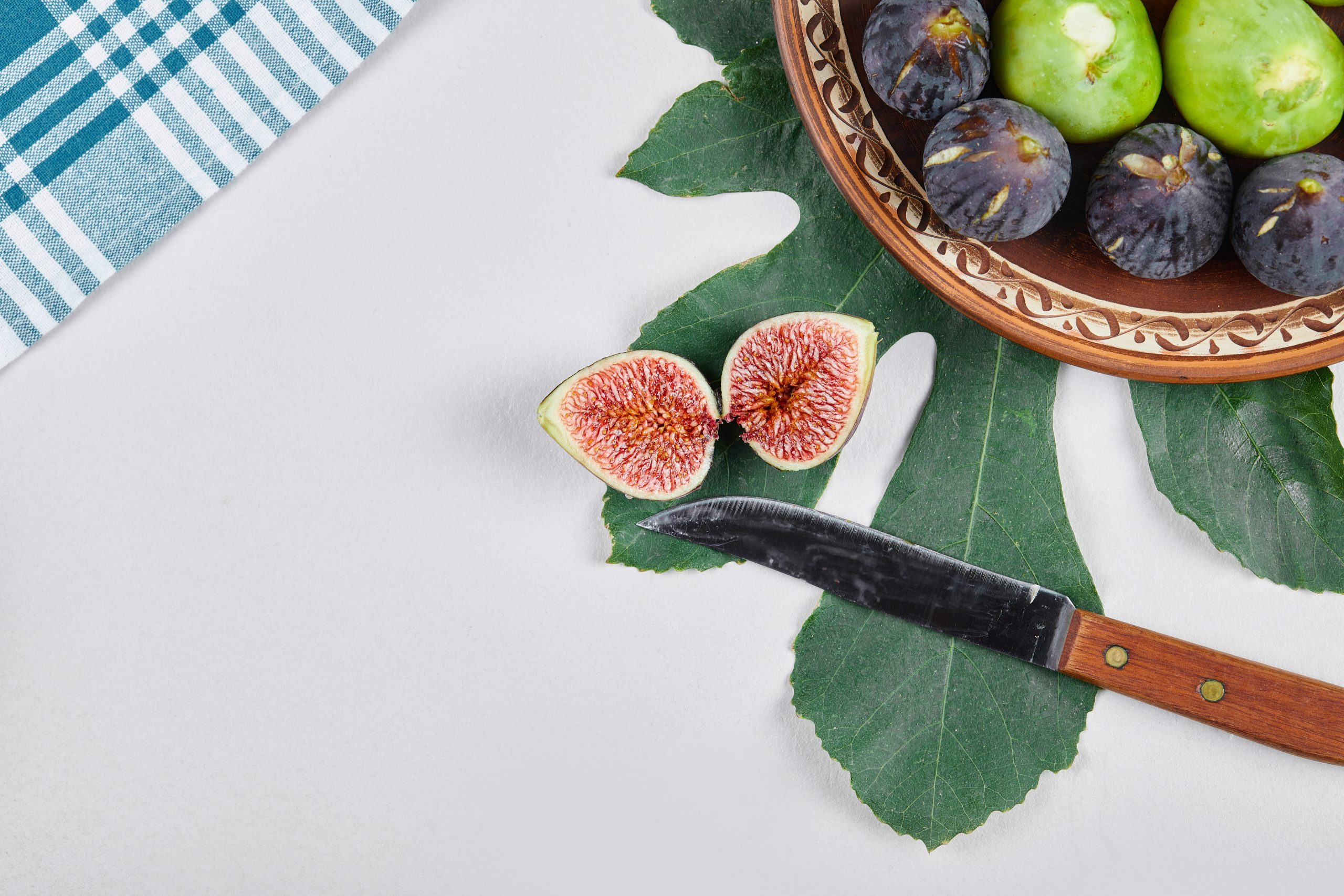
Benefits of Dried Figs and Things to Consider When Buying
Kuru incir, sağlık açısından pek çok faydası olan ve lezzetiyle de tercih edilen bir kurutulmuş meyvedir. Hem tek başına tüketilebilen

Fig is an important type of fruit that has been consumed and grown by humanity for centuries. Figs, consumed both fresh and dried, provide many health benefits. However, having information about the growing conditions of figs and where they grow allows a better understanding of this fruit. Here are the details about where and under what conditions figs grow:
Figs are generally grown in regions with a Mediterranean climate. Figs are produced in large quantities in countries such as Türkiye, Greece, Italy and Spain. However, it should be noted that figs can grow in certain conditions and can also adapt to different parts of the world.
As a result, temperate climatic conditions, well-drained soils, regular irrigation and sufficient sunlight are important for fig growth. When these conditions are provided, figs grow efficiently and are consumed as a valuable fruit for health.

Kuru incir, sağlık açısından pek çok faydası olan ve lezzetiyle de tercih edilen bir kurutulmuş meyvedir. Hem tek başına tüketilebilen

Aydın, Türkiye’nin Ege bölgesinde yer alan ve ünlü incirleriyle tanınan bir şehirdir. Özellikle Aydın inciri, hem lezzeti hem de sağlık